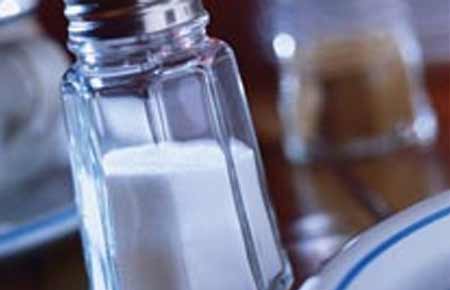Arriving as important advice to all nutrition experts and health conscious people, professionals from the British Heart Foundation (BHF) have revealed that high salt intake could lead to high blood pressure and harm blood vessels. Salt is naturally present in some foods, while it is often used while cooking too. Whatever be the case, this study reminds us that excess salt consumption may be detrimental to health.
Around 5,556 individuals participated in the analysis, who were inspected for many years. The results showed that those on high-salt diets apparently manifested growing amounts of albumin and uric acid in their bodies, both of which are indicators of blood vessel impairment.
BHF Senior Dietitian, Victoria Taylor, remarked, “This study reinforces the importance of keeping our salt intake low. In the UK, the amount of salt we eat on average is above the recommended maximum of 6g a day, which is about a teaspoon. The findings are therefore an important reminder to us all about the potential dangers of eating too much salt.â€
Going by the findings reported in the journal, Circulation, as the aforesaid biomarkers increased, higher was the risk of hypertension or high blood pressure. Importantly, the team asserted that avoiding salt while eating is not the only way out. According to the statistics, about 75% of salt consumption can be accounted to the salt already present in foods. This is why it is important to read nutrient labels carefully and make a healthy choice, the team said.
Initial studies have shown that food preferences are shaped right from the time a child is born. Having a sweet tongue or a liking for salt may be imbibed in people since birth.

